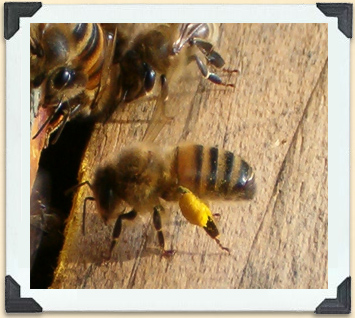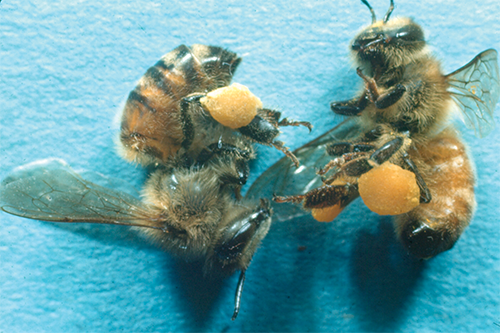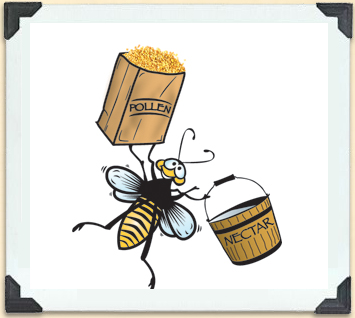Bees On The Floor Foraging

A typical bee will make 3 000 visits to flowers in a day and will keep visiting the same area until all the nectar is finished.
Bees on the floor foraging. They found no significant changes in nectar foraging in response to changes in honey storage levels within colonies. Fewell and winston 1996 investigated the effect of varying energy stores on nectar and pollen foraging. They may solve a riddle or two for you as you embark on the wonderful adventure of backyard beekeeping. Following are some of the most frequently asked questions about bee behavior.
Look over these questions and answers. Two people would move the table in a smooth and controlled manner. In areas of intensive agriculture like the almond orchards of california forage can be scarce before and after the primary cultivated crop blooms. The speed of movement was controlled using a metronome and the distance was controlled using wooden blocks fixed to the floor.
You might hear. Not surprisingly most new beekeepers face the same bewildering situations and ask identical questions. If there are no honey flows the bees may have to be fed. Honey bees need an abundance and diversity of floral resources to grow and thrive throughout the season.
For bees their forage or food supply consists of nectar and pollen from blooming plants within flight range. The forage sources for honey bees are an important consideration for beekeepers in order to determine where to locate hives for maximum honey production and brood one must consider the off season. This is accomplished through the collective actions and decisions of individual foragers with the benefits. Most species of bumblebee live in colonies but their colonies are much smaller than the honey bees or wasps who can have up to several thousand individuals the bumblebee colony will only consist of around 50 150 individuals.
In a colony over half the bees will spend their time foraging. Similar to how nectar is handled bees at the hive form a welcoming committee for the water collecting bees returning to the hive. Bumblebees are large hairy bees and are close relatives of the well known honeybee. The bees will fly over three miles away from their hive and continually adapt to the changing season and plants.
A million bees. Honey bees apis mellifera provide a great model for social foraging due to their ability to rapidly adapt their foraging efforts to changing resource availability studied particularly in the context of nectar foraging seeley 1986.



















